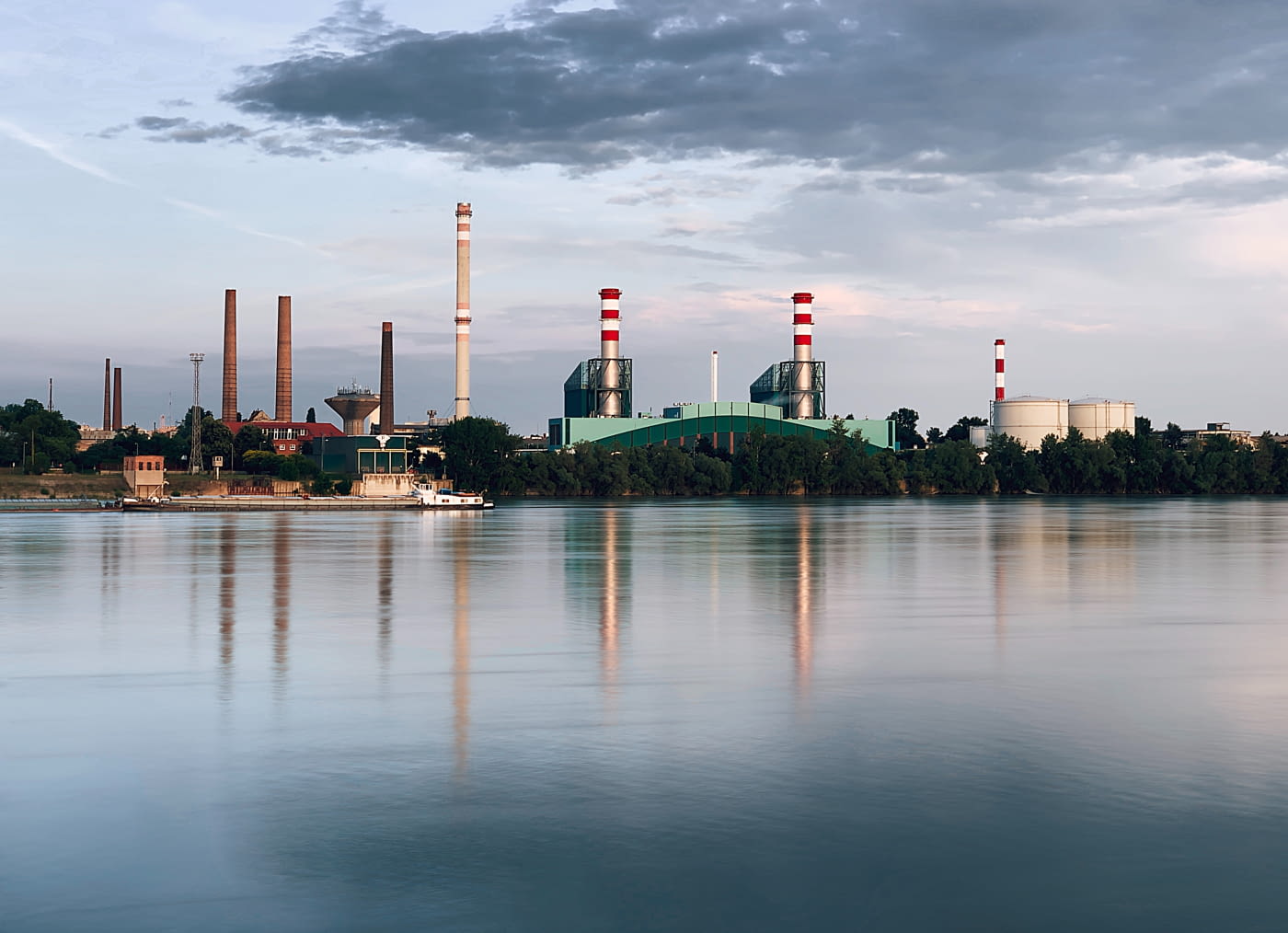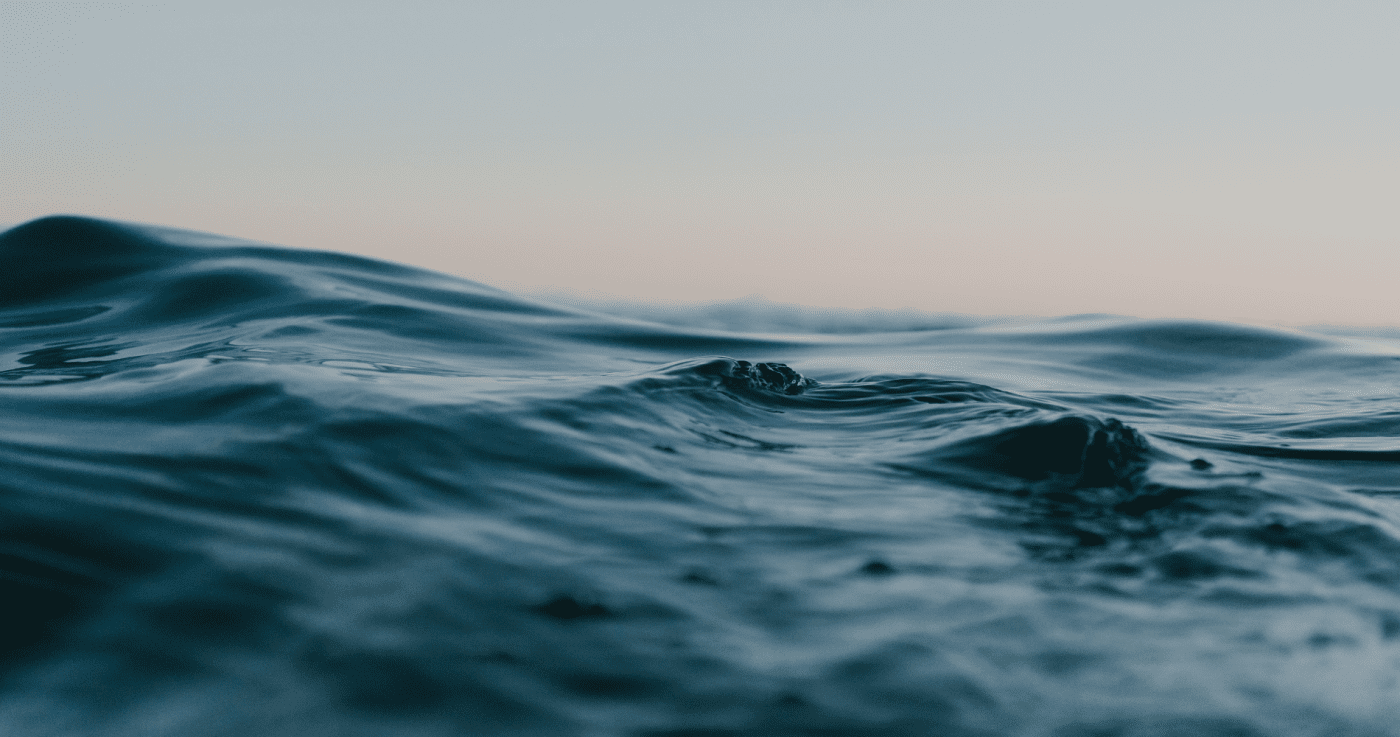
Technological innovation and digitalisation as economic tools have been the social panorama that has been most experienced in the day-to-day life of the COVID-19 crisis. In addition, climate change and care for the environment are enduring issues today and real problems to which it is important to provide a solution to ensure the well-being of the planet.
In the water sector, these sustainable and technological trends have also been followed to meet the demands of the population and to provide services in an efficient and more cost-effective way.
Today at DAGA we will look at the actions being taken in the water industry to adapt to today's cutting-edge changes, as well as the various agreements of several water institutions to establish synergies and mutual aid to promote the shift towards Innovation, Development and Research (R&D&I).
In the water sector, these sustainable and technological trends have also been followed to meet the demands of the population and to provide services in an efficient and more cost-effective way.
Today at DAGA we will look at the actions being taken in the water industry to adapt to today's cutting-edge changes, as well as the various agreements of several water institutions to establish synergies and mutual aid to promote the shift towards Innovation, Development and Research (R&D&I).
Proposals for technological and sustainable change
Currently, the industrial sector puts more emphasis on water regeneration and reuse, as well as on reducing the water footprint of its products. Thus, industry has invested in improving water treatment processes, reducing energy consumption and improving the quality of treated water for its intended end use.
Thus, reverse osmosis technology is being introduced, creating new desalination technologies and processes to optimise the process. On the other hand, new more efficient biological treatments are also being developed to purify wastewater, and the recovery of nutrients from municipal wastewater and the energy recovery of sewage sludge are being carried out.
In addition, certain industries have set themselves targets of minimum discharge of treated wastewater or even zero discharge (Zero Liquid Discharge), thus encouraging the improvement of wastewater reclamation and concentration processes.
Thus, reverse osmosis technology is being introduced, creating new desalination technologies and processes to optimise the process. On the other hand, new more efficient biological treatments are also being developed to purify wastewater, and the recovery of nutrients from municipal wastewater and the energy recovery of sewage sludge are being carried out.
In addition, certain industries have set themselves targets of minimum discharge of treated wastewater or even zero discharge (Zero Liquid Discharge), thus encouraging the improvement of wastewater reclamation and concentration processes.
Water Action Platform
In March 2020, Isle, the independent technology and innovation consultancy, launched the Water Action Platform, a space where several water companies such as Aqualia, Idrica and Metito and other entities such as Unicef, LuminUltra or the Technological Institute of Galicia share ideas and methods of action to provide an immediate response to current changes and needs, and offer rigorous and accurate information both in the water sector and other areas of technological innovation.
It should also be noted that this initiative has already generated favourable results for the R&D&I industry. Isle is currently working with more than 60 organisations (including universities, investors, administrations, non-profit foundations, among others) and has launched the European projects H2020 INCOVER and H2020 Run4Life, with the aim of converting wastewater treatment plants into infrastructures for the use of organic matter as a basis for energy savings.
A final factor to be considered to accelerate innovation in the water sector is the shift from the traditional business model to the circular economy, a methodology that allows the reuse of disposable material to convert it into a renewable and sustainable energy source, such as hydropower, solar energy and biogas, all of which come from the hydrological and natural cycle of the watercourse.
The main users of the green energy generated by the circular economy process are wastewater treatment plants (WWTPs), where sewage sludge also serves as organic material for compost and fertilisers, closing the circle of energy use with zero CO2 emissions.
It should also be noted that this initiative has already generated favourable results for the R&D&I industry. Isle is currently working with more than 60 organisations (including universities, investors, administrations, non-profit foundations, among others) and has launched the European projects H2020 INCOVER and H2020 Run4Life, with the aim of converting wastewater treatment plants into infrastructures for the use of organic matter as a basis for energy savings.
A final factor to be considered to accelerate innovation in the water sector is the shift from the traditional business model to the circular economy, a methodology that allows the reuse of disposable material to convert it into a renewable and sustainable energy source, such as hydropower, solar energy and biogas, all of which come from the hydrological and natural cycle of the watercourse.
The main users of the green energy generated by the circular economy process are wastewater treatment plants (WWTPs), where sewage sludge also serves as organic material for compost and fertilisers, closing the circle of energy use with zero CO2 emissions.


